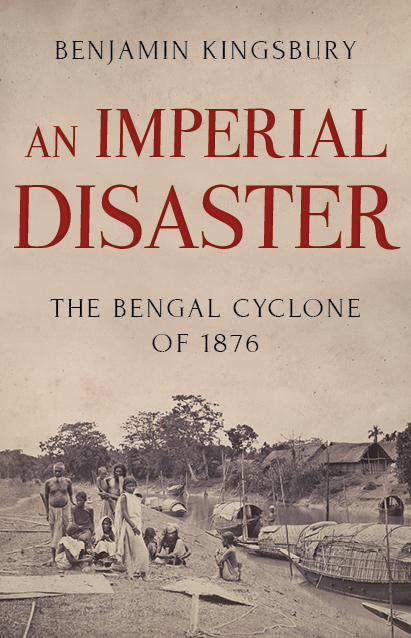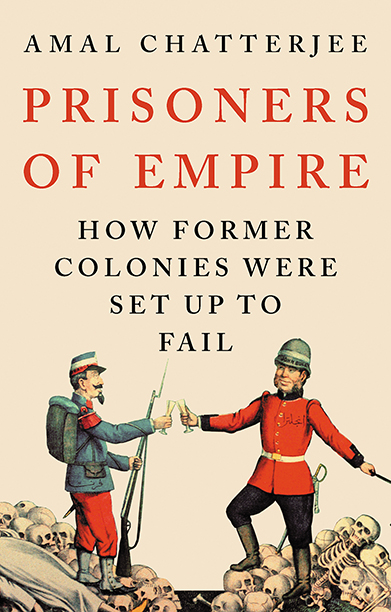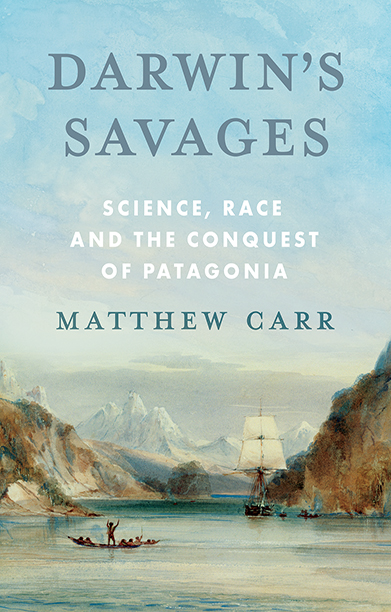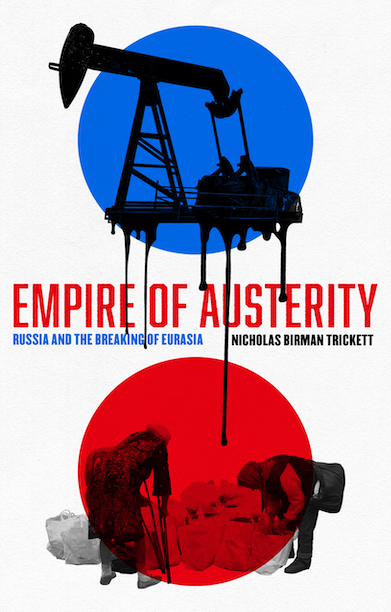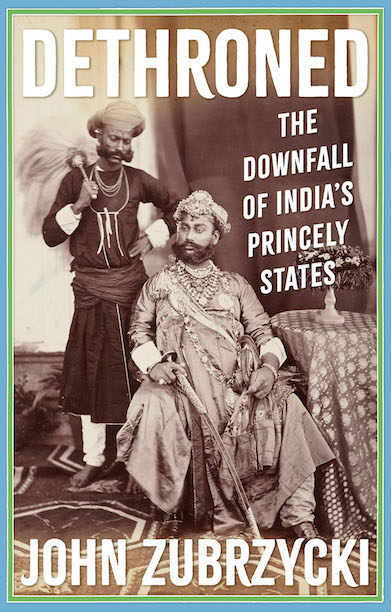An Imperial Disaster
The Bengal Cyclone of 1876
The first history of one of the nineteenth century’s greatest natural calamities, its political context and its impact on colonial India.
Description
The storm came on the night of 31 October. It was a full moon, and the tides were at their peak; the great rivers of eastern Bengal were flowing high and fast to the sea. In the early hours the inhabitants of the coast and islands were overtaken by an immense wave from the Bay of Bengal — a wall of water that reached a height of 40 feet in some places. The wave swept away everything in its path, drowning around 215,000 people. At least another 100,000 died in the cholera epidemic and famine that followed. It was the worst calamity of its kind in recorded history.
Such events are often described as ‘natural disasters’. Kingsbury turns that interpretation on its head, showing that the cyclone of 1876 was not simply a ‘natural’ event, but one shaped by all-too-human patterns of exploitation and inequality — by divisions within Bengali society, and the enormous disparities of political and economic power that characterised British rule on the subcontinent.
With Bangladesh facing rising sea levels and stronger, more frequent storms, there is every reason to revisit this terrible calamity. An Imperial Disaster is troubling but essential reading: history for an age of climate change.
Reviews
‘Kingsbury’s book is a searing indictment of the British Raj’ — The Journal of Asian Studies
‘Kingsbury’s book holds lessons from the past for a climate-changed world … meticulously researched … this thoroughly engaging book should be required reading for historians of South Asia, environmental historians and scholars of disaster studies. Written with an acute sensitivity and historically rich, it is a story of the present as much as a story of the past.’ — Economic & Political Weekly
‘A comprehensive, meticulously detailed, carefully researched and nuanced analytical account. Highly topical and urgent… a remarkable scholarly achievement.’ — Nandini Gooptu, Associate Professor of South Asian Studies, University of Oxford
‘A book which should be widely read… It demystifies the official disclaimer that these are ‘natural calamities’ for which the administration is not responsible, exposing how the British colonial administration’s policies in nineteenth century Bengal destroyed the coastal environment that led to the devastating cyclone of 1876.’ — Sumanta Banerjee, author of Dangerous Outcast: The Prostitute in Nineteenth Century Bengal and India’s Simmering Revolution: The Naxalite Uprising
‘Elegantly written, deeply moving, humane, angry without being polemical… one of the most compelling historical reconstructions of a climatic disaster that I’ve read.’— Sunil Amrith, Professor of South Asian Studies and Professor of History, Harvard University
‘In the age of the Anthropocene, An Imperial Disaster complicates the distinctions usually made between natural and human disasters. This meticulously researched and lucidly presented account of the late nineteenth century Bengal cyclone, will be as relevant to historians of the Indian subcontinent as it will be to scholars thinking about Hurricane Katrina or the Australian wildfire.’ — Rochona Majumdar, Associate Professor in the Department of South Asian Languages and Civilisations, University of Chicago
‘Narrated in beautiful prose and based on scrupulous scholarship, with an unerring eye for the apposite quotation, An Imperial Disaster is microhistory at its best. It lays bare the imperial and human context of a natural disaster and reveals, equally shockingly, how no substantive lessons were learnt from it.’— Dr Chandrika Kaul, Senior Lecturer in Modern History, St Andrews
‘Lucidly argued and meticulously referenced… a story of colonial apathy, greedy landlords and the ruthless laissez-faire policy of the state… the study is an important contribution to the economic and environmental history of India.’— Vinita Damodaran, Professor of South Asian History, University of Sussex
‘A well-written, very readable book, based on many official records and newspapers. It is full of telling details and anecdotes and emphasises the official failures, neglect, misinformation, damaging ideology, and personal ambition of colonial rule during the 1870s.’ — Peter Robb, Research Professor of the History of India, SOAS
Author(s)
Benjamin Kingsbury was born in Auckland in 1987, and brought up in New Zealand and Pakistan. Since then he has lived in both India and Bangladesh. He has taught history at Victoria University of Wellington, and now works as a historian for the New Zealand government. This is his first book.
